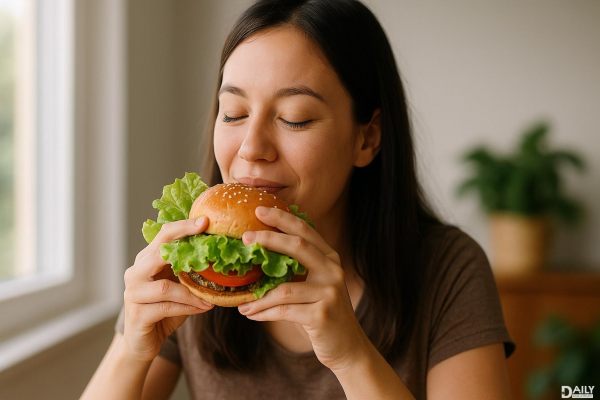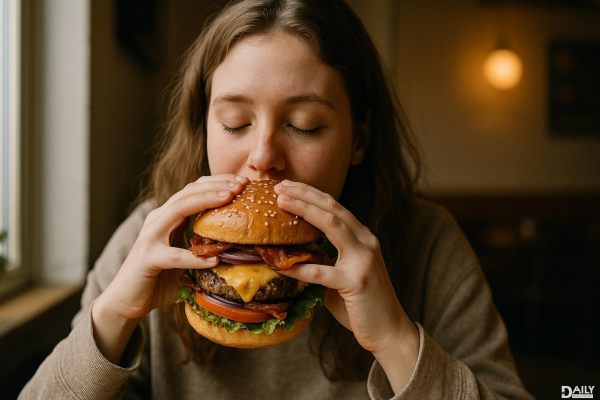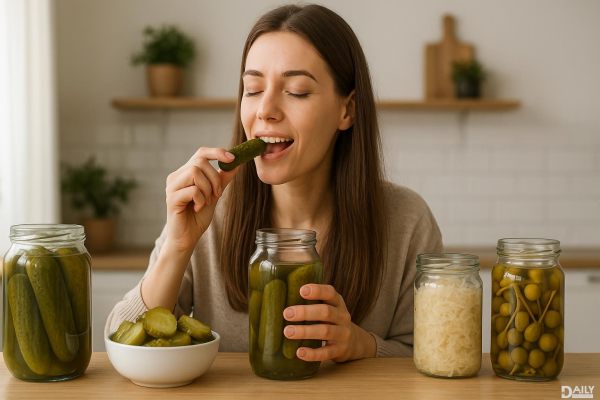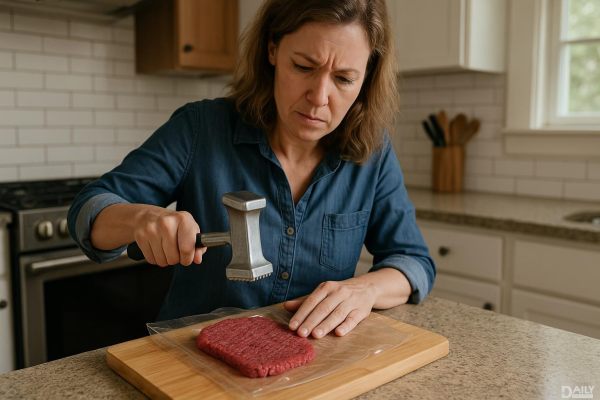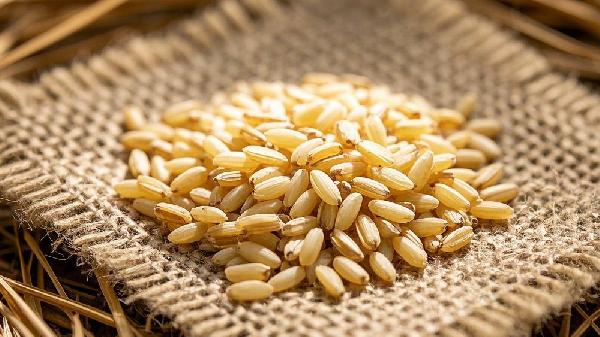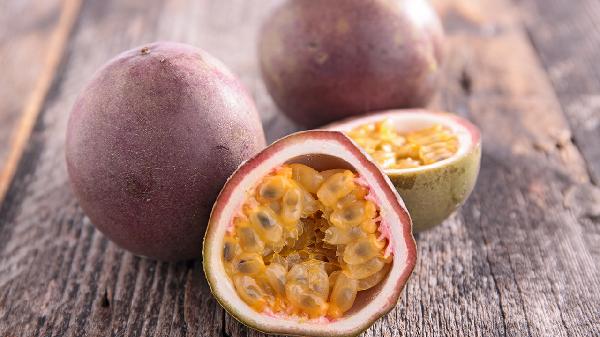If you're ditching alcohol but still want to unwind with something that takes the edge off, THC drinks might seem like the perfect alternative. They promise relaxation without the hangover, calories, or long-term health risks tied to booze. But before you swap your IPA for an infused lemonade, let’s break down what these beverages actually do to your body—and whether they’re really the "healthier" choice they’re marketed as.
The Science Behind THC Beverages
Unlike alcohol, which depresses your central nervous system, THC (the psychoactive compound in cannabis) interacts with your endocannabinoid system—a network of receptors that regulate mood, appetite, pain, and memory. When you sip a THC drink, the compound binds to CB1 receptors in your brain, triggering effects ranging from euphoria to sedation, depending on the dose and your tolerance. Because these drinks are absorbed through digestion (not your lungs), the high tends to come on slower (30–90 minutes) but lasts longer than smoking or vaping. That delayed onset trips people up; they’ll chug a second drink thinking the first didn’t work, only to end up uncomfortably zooted an hour later.
Potential Benefits: Why People Are Making the Switch
Proponents argue that THC drinks sidestep alcohol’s pitfalls: no liver damage, no dehydration, and (usually) fewer calories. For social drinkers, they offer a buzz without next-day regret. Some users report better sleep, reduced anxiety, and even pain relief—though research is still catching up. There’s also the harm-reduction angle: Unlike booze, cannabis isn’t linked to violent behavior or chronic diseases like cirrhosis. And let’s be real—no one’s ever blacked out on THC and woke up with a tattoo they don’t remember getting.
The Not-So-Chill Side Effects
But it’s not all good vibes. THC can spike anxiety or paranoia in some people, especially at higher doses. Overconsumption might leave you couch-locked or staring into the void questioning your life choices. And while weed isn’t physically addictive like alcohol, about 10% of users develop a psychological dependence. There’s also the "legal gray area" issue: Despite the Farm Bill loophole, some states still ban delta-9 THC (the kind in these drinks), and the FDA hasn’t approved them as safe. Plus, mixing THC with alcohol (a trend called "cross-fading") can amplify impairment in unpredictable ways—think spins, nausea, or a one-way ticket to Napville.
The Big Question: Are They Healthier Than Alcohol?
Experts agree that, biologically, THC is less damaging than alcohol. It doesn’t cause organ failure or increase cancer risk. But "less harmful" doesn’t mean "harmless." Regular THC use can mess with memory and motivation, and heavy consumption has been linked to cannabinoid hyperemesis syndrome (think: cyclical vomiting). There’s also scant research on long-term effects of edibles/drinks versus smoking. The verdict? If you’re using THC to replace nightly wine, it’s probably a net positive—but moderation still matters.
Bottom line? THC drinks aren’t a magic bullet, but they’re a fascinating pivot in how we think about recreational substances. Whether you’re sober-curious or just tired of tequila hangovers, tread carefully—your tolerance (and local laws) may vary.
